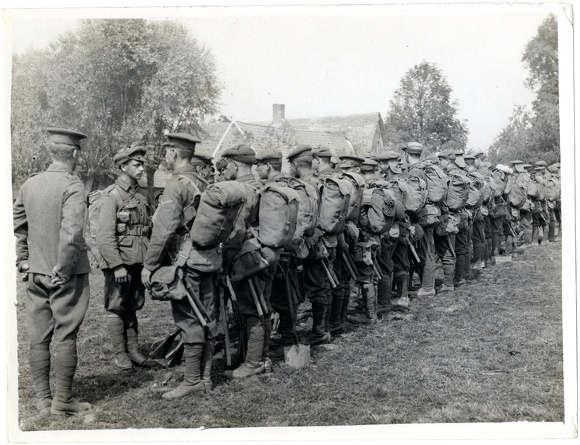Wilfred Owen, selected poems Contents
- Wilfred Owen: Social and political background
- Wilfred Owen: Religious / philosophical context
- Wilfred Owen: Literary context
- Wilfred Owen: 1914
- Wilfred Owen: Anthem for Doomed Youth
- Wilfred Owen: At a Calvary near the Ancre
- Wilfred Owen: Disabled
- Wilfred Owen : Dulce et Decorum Est
- Wilfred Owen: Exposure
- Wilfred Owen: Futility
- Wilfred Owen: Greater Love
- Wilfred Owen: Hospital Barge
- Wilfred Owen: Insensibility
- Wilfred Owen: Inspection
- Wilfred Owen: Le Christianisme
- Wilfred Owen: Mental Cases
- Wilfred Owen: Miners
- Wilfred Owen: S.I.W
- Wilfred Owen: Soldier’s Dream
- Wilfred Owen: Sonnet On Seeing a Piece of Our Heavy Artillery Brought into Action
- Wilfred Owen: Spring Offensive
- Wilfred Owen: Strange Meeting
- Wilfred Owen: The Dead-Beat
- Wilfred Owen: The Last Laugh
- Wilfred Owen: The Letter
- Wilfred Owen: The Parable of the Old Man and the Young
- Wilfred Owen: The Send-Off
- Wilfred Owen: The Sentry
- Wilfred Owen: Wild with All Regrets
Inspection - Synopsis and commentary
Synopsis of Inspection
A private soldier is reprimanded by his commanding officer for appearing on parade in a dirty uniform. The sergeant puts him on a charge. Although the man explains afterwards that the mark on his uniform is blood seeping from a wound, the officer says that the blood is ‘dirt’. The man uses the comparison to talk about the war and the final inspection of all the dead by Field Marshal God (see Big Ideas from the Bible > Judgement).
Commentary on Inspection
The army context
Owen presents the event as a piece of dramatic dialogue between three ranks and the poem is underpinned by the hierarchy and discipline of the British Army. The ‘he’ of the poem is a private, the ‘I’ (Owen himself) an officer inspecting his men, supported by a sergeant, a non commissioned officer (NCO) who enforced discipline. The Field Marshal was the top rank in the army. In the poem Owen ironically equates God at the final judgement with a Field Marshal.
 Inspections (when the men stood to attention on ‘parade’) took place regularly in the trenches and men were punished if they did not come up to expectation. In Inspection the soldier is ‘confined to camp’ l.5 which meant that he would not be allowed to go to the local villages to have any free time until he had served the number of days required as punishment.
Inspections (when the men stood to attention on ‘parade’) took place regularly in the trenches and men were punished if they did not come up to expectation. In Inspection the soldier is ‘confined to camp’ l.5 which meant that he would not be allowed to go to the local villages to have any free time until he had served the number of days required as punishment.
Literary context
The soldier being inspected refers to the blood-stain on his uniform as a ‘damnèd spot’. This quotation was originally uttered by the murderess Lady Macbeth, in Shakespeare’s tragedy Macbeth, about her inability to wash away the taint of blood and the guilt associated with it. The soldier indicates that he is marked forever by the actions he has undertaken for the sake of war.
Investigating commentary of Inspection
- Inspection is a poem for voices and part of its power lies in the drama of the dialogue. Read the poem aloud with a few friends taking turns in reading each part.
- Discuss how you felt in each role and make a note of your findings
